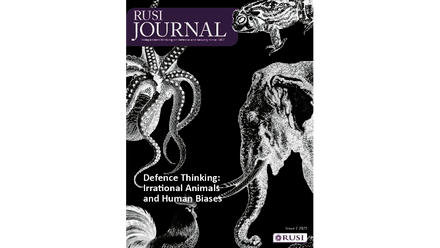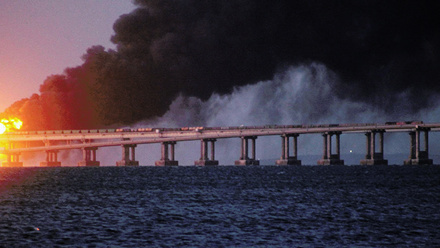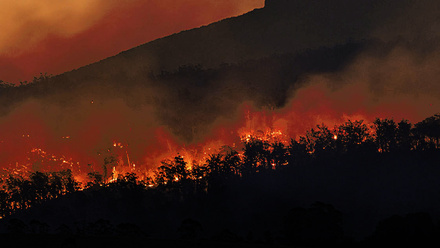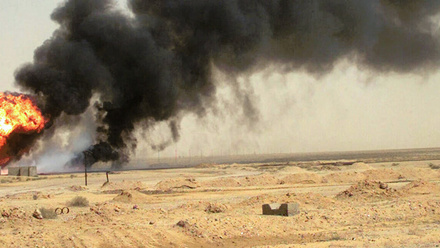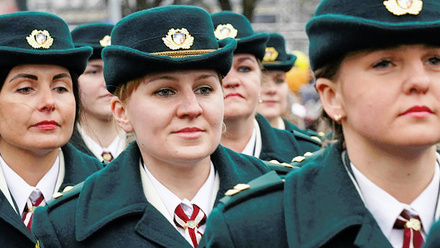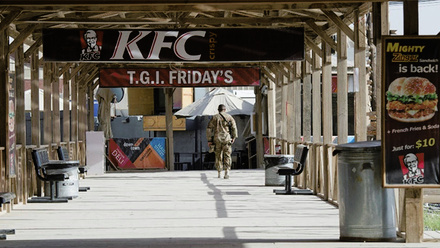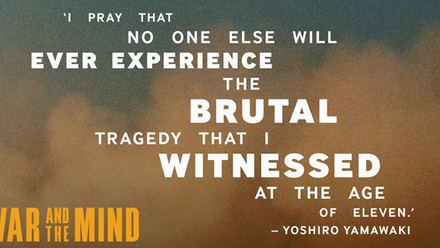Editor's Note
2025 is revealing itself as a year of great strategic and policy shifts, as some of the foundations of the post-Second World War international frameworks are called into question not only by those revisionist powers who have longed strived to alter them, but also by their erstwhile key proponents. As policymakers work to make sense of this potential revolution in international affairs, decisions that have long loomed on the horizon can no longer be postponed–the urgency is now bare for all to see.
In the high-pressure, high-stakes environment, policymakers can often be hindered by unquestioned assumptions not only about the adversaries, but about themselves. Beatrice Heuser reflects on some of the biases that can affect strategic decision-making–from expecting that an overall positive pattern will remain such in the future, to the inability to understand how a different culture may influence adversaries, to bureaucratic structures impeding newer thinking and many others. Only by being fully conscious of these biases and injecting the decision-making process with ways to counter them can policymakers hope to generate a more effective outcome.
The war in Ukraine is of course one of the main nodes for defence decision-makers–and the past three years of conflict have also served to show the type of capabilities and tactics that may be needed in future conflicts. Jon Armstrong offers a thoughtful analysis of how resistance networks have developed in Russian-occupied territories, and how this could be meaningfully incorporated in Total Defence strategies.
The return of great power competition is not the only key challenge when thinking about 21st century defence: climate change shapes a range of security threats across the globe. Timothy Clack and Suzanne Raine draw some fascinating lessons from counterterrorism–such as early warning systems, information management and resilience–that could effectively be applied to responding to and mitigating climate-induced risks. Matt Stott discusses ways in which the British armed forces and militaries across the globe can adjust to work in a world affected by climate change.
Sometimes it is easy, among the grand strategic questions, to forget that war is a fundamentally human endeavour. Yet one of the great debates across Western countries at the moment revolves around the need to recruit and retain armed forces personnel in all roles. Andris Banka and Kaspars Zalāns analyse the evolution of conscription in Latvia, focusing on the debate on whether this should extend to women. Sophy Antrobus discusses the idea of meritocracy and whether the use of this term may be less useful than leaders assume. Finally, Derwin Gregory questions assumptions about creating a ‘home away from home’ for troops on overseas deployments, and discusses the implications of ‘placemaking’ activities for operational efficiency.
Dr Emma De Angelis
Editor, RUSI Journal

